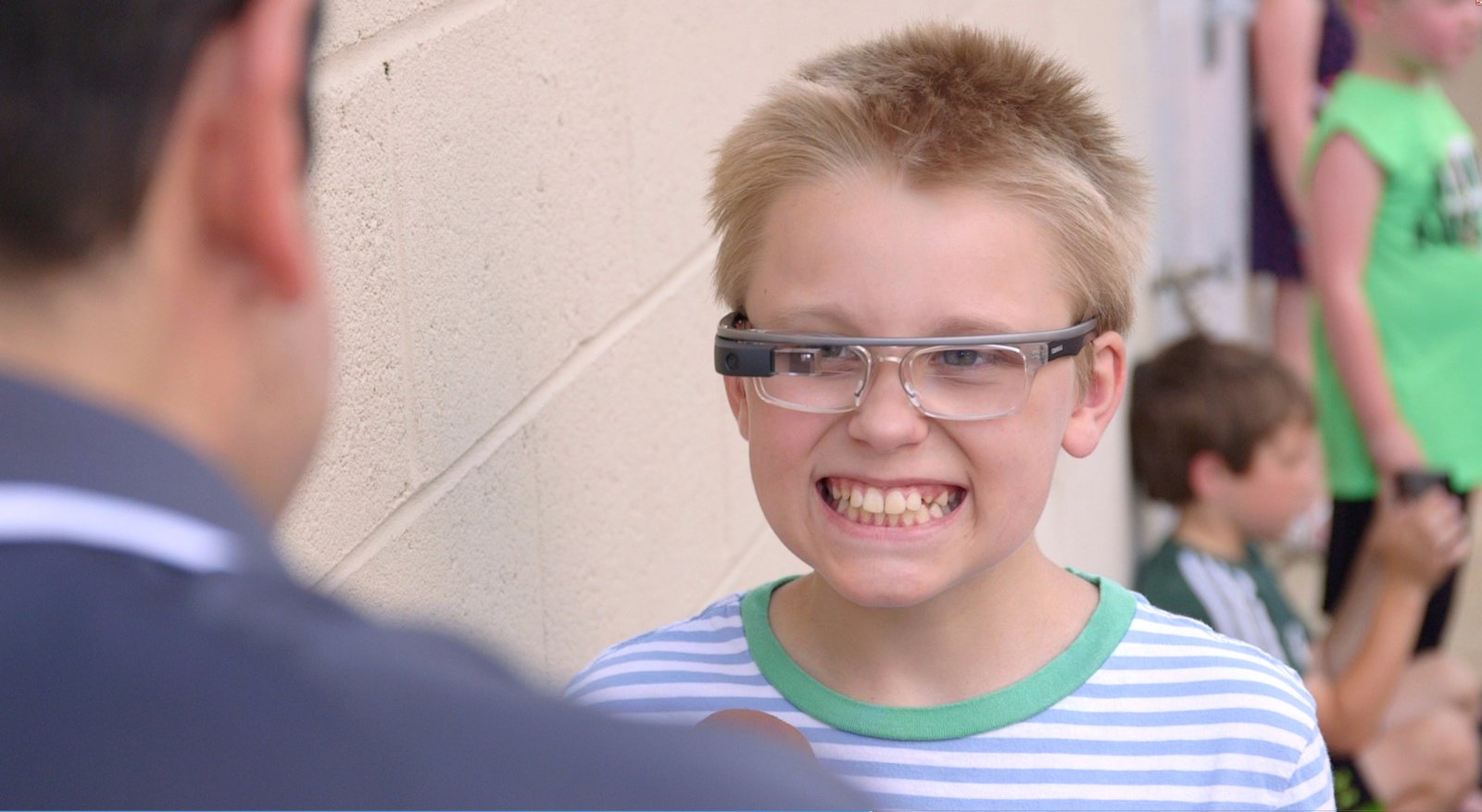Google Glass helps autistic children to socialize with others
August 02, 2018 | Thursday | News
After treatment, the kids showed improved social skills, including increased eye contact and ability to decode facial expressions
A new smartphone app that pairs with a Google Glass headset uses facial recognition software to give the wearer real-time updates on which emotions people are expressing.
In a pilot trial, 14 children with autism spectrum disorder used this program at home for an average of just over 10 weeks.
After treatment, the kids showed improved social skills, including increased eye contact and ability to decode facial expressions.
Dennis Wall, a biomedical data scientist specializing in pediatrics at Stanford University, and colleagues built the new Google Glass program to offer children with autism at-home, on-demand behavioral therapy.
The headset’s camera records the faces of people in the child’s field of view and feeds that information to a smartphone app. The app, trained on hundreds of thousands of face photos, is designed to recognize eight core expressions: happiness, sadness, anger, disgust, surprise, fear, contempt and calm.
When the app recognizes an expression of one of these feelings, it sends the information to the Google Glass wearer either by naming the emotion through the headset speaker or by displaying an emoticon on a small screen in the corner of the right spectacle frame.
In the pilot trial, children ages 3 to 17 with autism used this Google Glass program around their families for at least three 20-minute sessions per week. Before and after treatment, parents completed questionnaires that rated their children’s social skills.
On this Social Responsiveness Scale, scores below 60 fall within the “normal” range, whereas scores 60 to 65, 65 to 75, and above 75 indicate mild, moderate and severe autism, respectively. Over the course of treatment, the children’s average score dropped from 80.07 to 72.93.
Wall and his team are currently working on one such experiment with 74 children ages 6 to 12. If the Google Glass therapy performs well in future clinical trials and is cleared for widespread use, it could be a powerful learning aid for many children with autism which affects an estimated 1 in 59 children in the United States, according to the U.S. Centers for Disease Control and Prevention.










